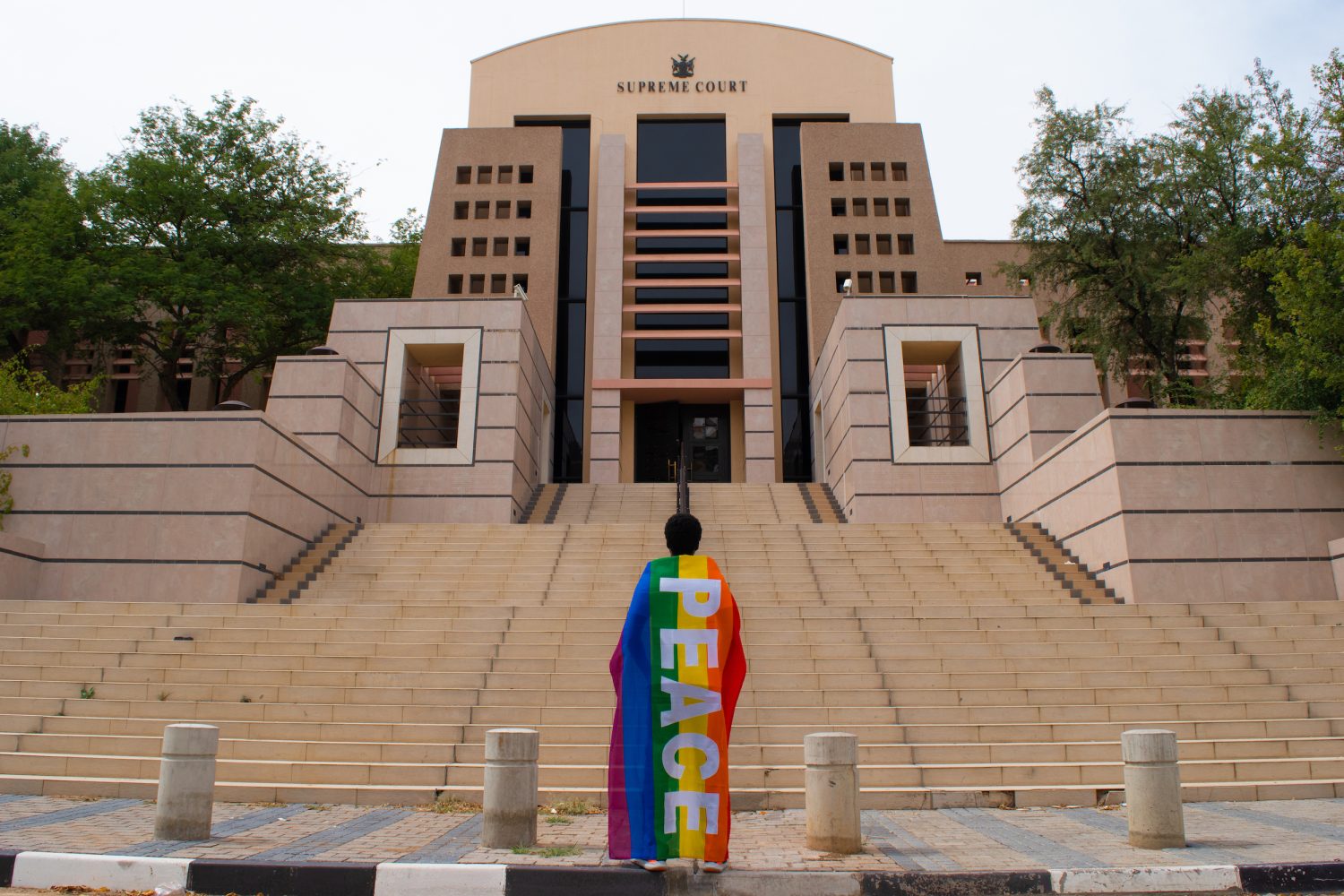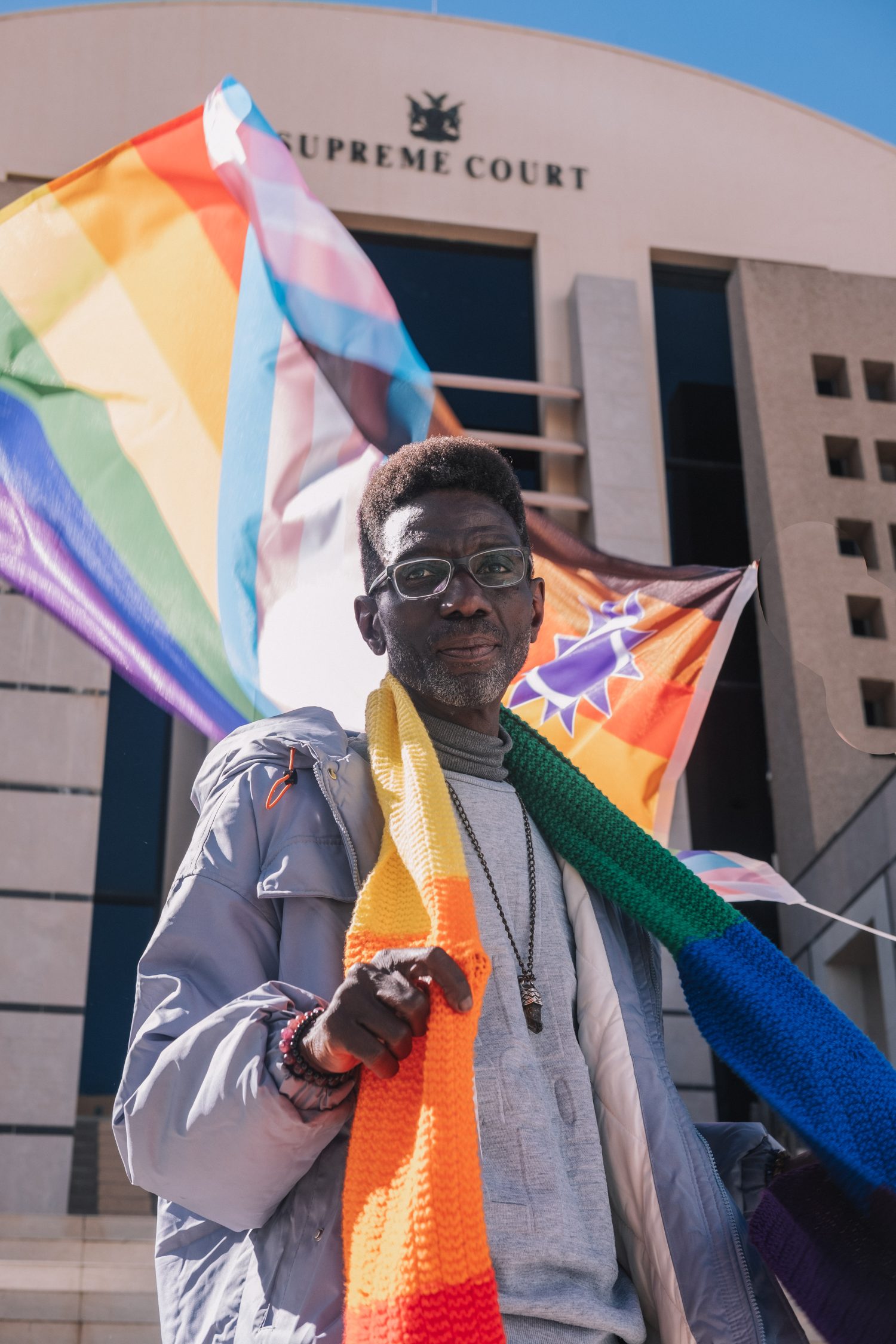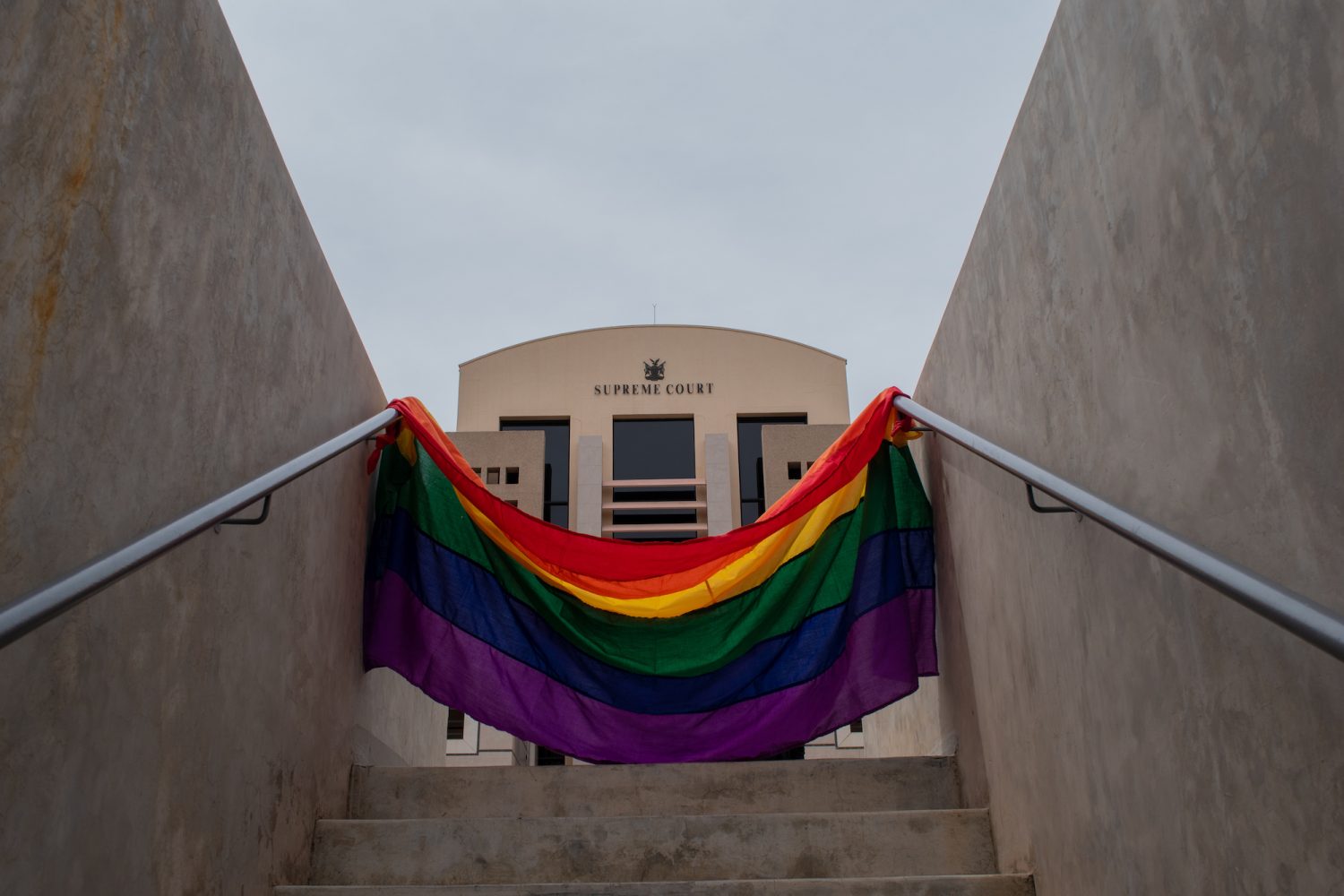The Namibian Constitution was ratified on the 9th of February 1990 and came into effect 40 days later, on the 21st of March 1990–Namibia’s first Independence Day. The Constitution was drafted after the first free parliamentary elections, which were held between the 7th and the 11th of November 1989. Before 1978, only white people were eligible to vote or run for political office. After that, while political parties representing indigenous… Keep Reading


